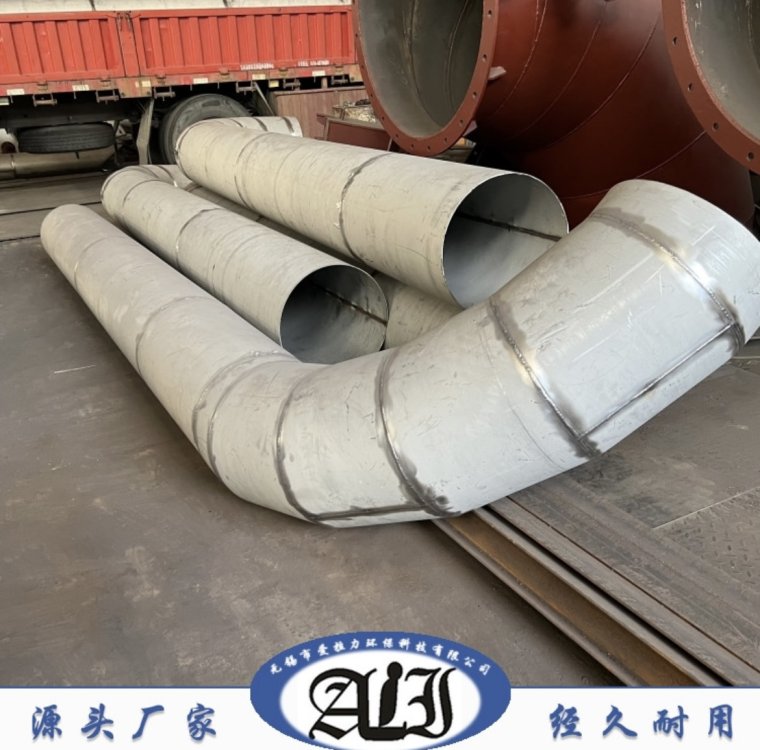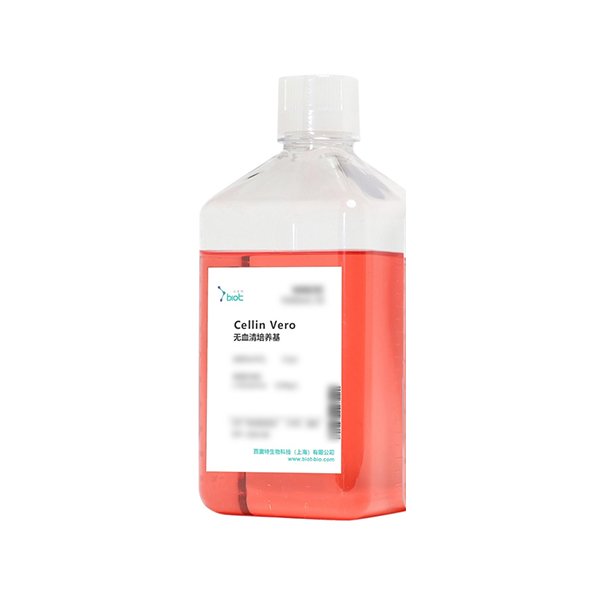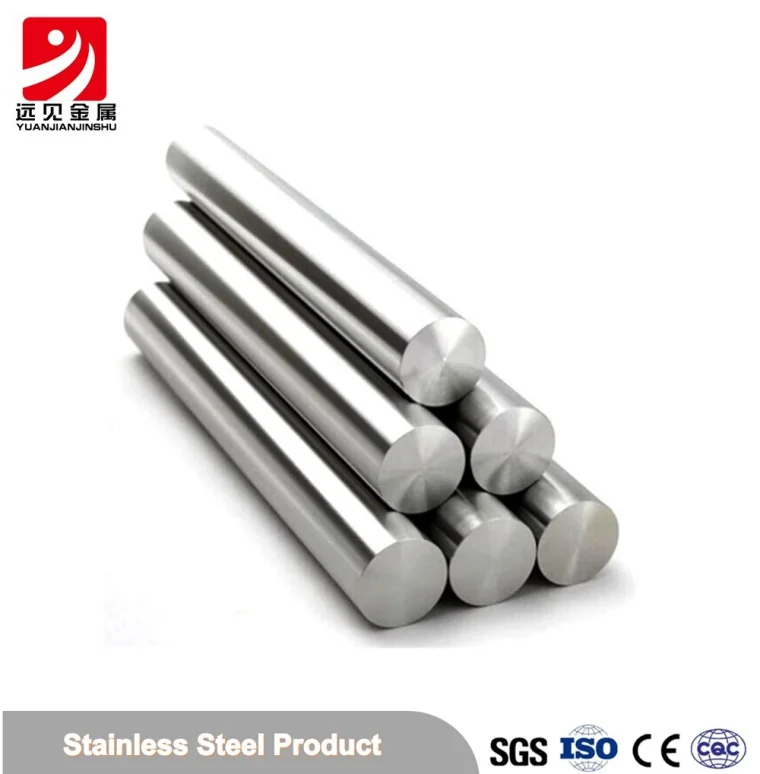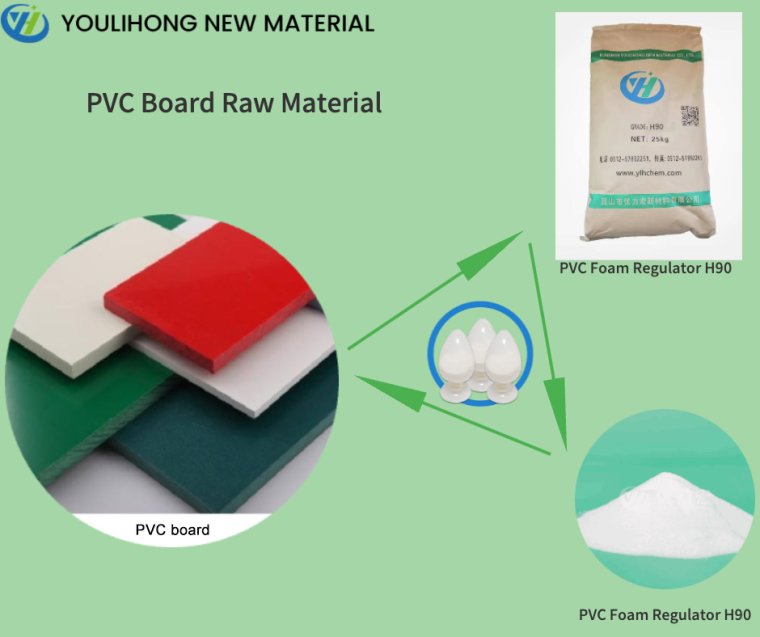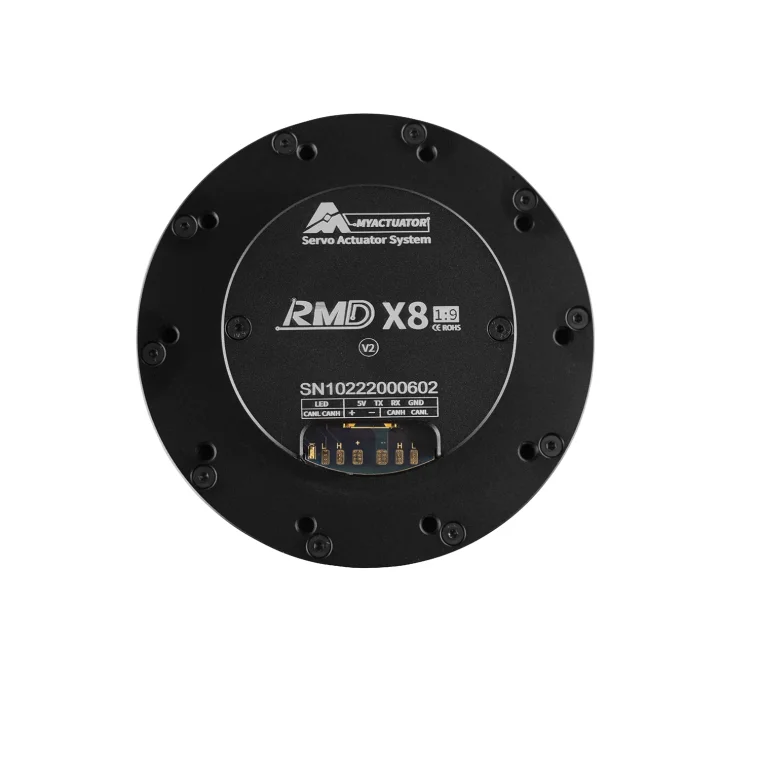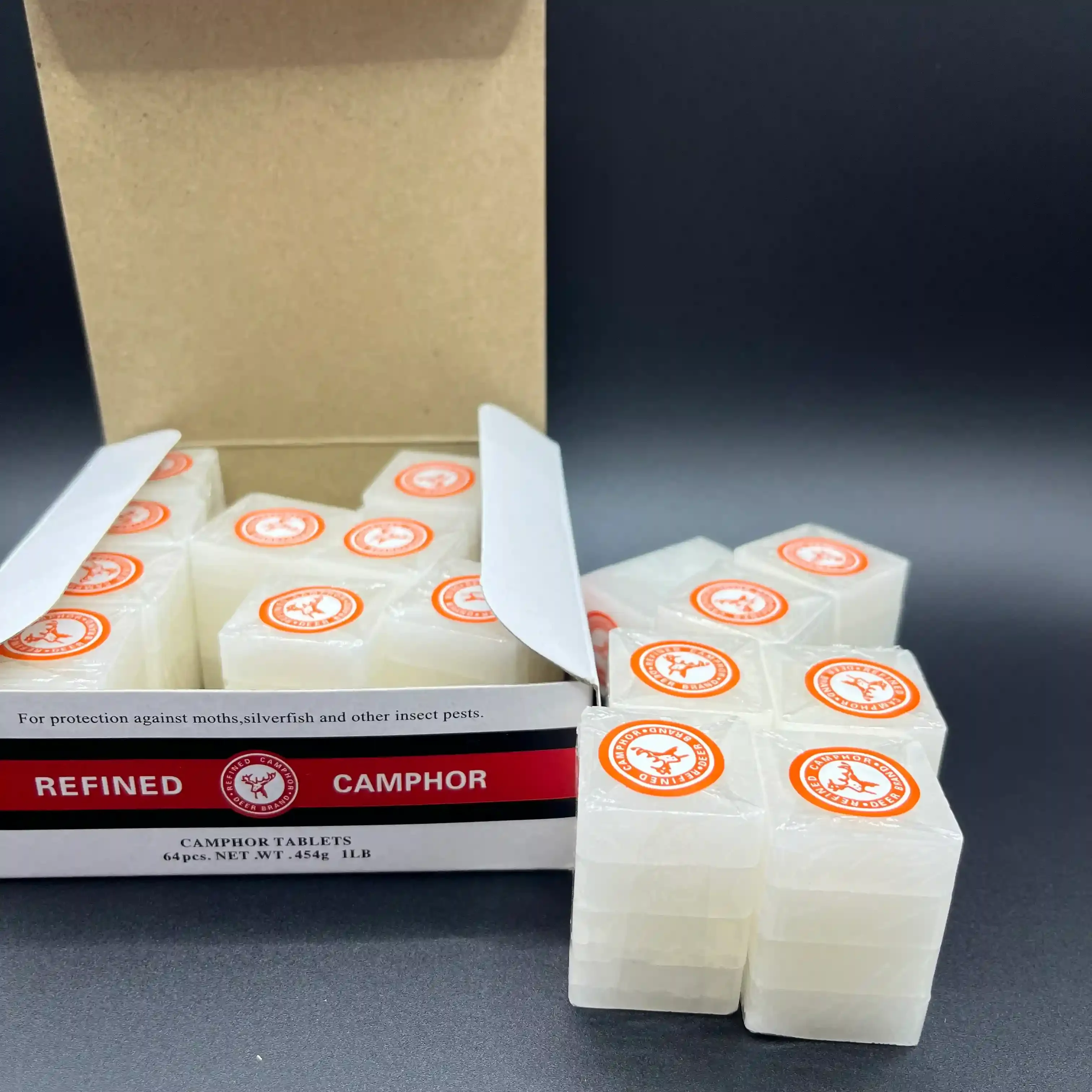Ammonia is a widely used chemical compound known for its versatility and effectiveness in various industries. However, it is crucial to understand its limitations and potential risks when using it. In this blog post, we will explore the areas where ammonia should not be used, ensuring safety and optimal results in different applications.
- Household Cleaning:
Ammonia is commonly found in many household cleaning products due to its excellent cleaning properties. However, there are certain surfaces and materials that should not come into contact with ammonia. These include:
- Marble and Granite: Ammonia can cause etching and dullness on these surfaces, damaging their natural beauty.
- Laminate and Veneer: The chemical can weaken the adhesive used in laminate and veneer furniture, leading to delamination and irreparable damage.
- Silver and Gold: Ammonia can tarnish and corrode precious metals, diminishing their luster and value.
- Personal Care Products:
While ammonia is occasionally used in hair dyes and other personal care products, it should be avoided in certain situations:
- Color-Treated Hair: Ammonia can strip away the color molecules from dyed hair, causing fading and premature color loss.
- Sensitive Skin: Individuals with sensitive skin should steer clear of ammonia-based products as they can cause irritation and allergic reactions.
- Food Preparation and Storage:
Ammonia has a distinct odor and taste, making it unsuitable for certain food-related applications:
- Food Containers: Using ammonia to clean food containers can leave behind a lingering smell that may contaminate the stored food.
- Direct Food Contact: Ammonia should never be used directly on food items, as it is toxic and can pose serious health risks if ingested.
- Electronics and Electrical Components:
Although ammonia is an effective cleaner, it should not be used on electronics and electrical components due to the following reasons:
- Corrosion: Ammonia can corrode metal contacts and circuitry, leading to malfunction or permanent damage.
- Conductivity Issues: The residue left behind by ammonia can interfere with electrical conductivity, affecting the performance of electronic devices.
Conclusion:
While ammonia is a versatile chemical with numerous applications, it is essential to exercise caution and avoid using it on certain surfaces, materials, and products. By understanding its limitations, we can ensure safety, preserve the integrity of objects, and achieve optimal results in various industries. Remember to always read product labels, follow instructions, and consider alternative cleaning or treatment methods when necessary.
